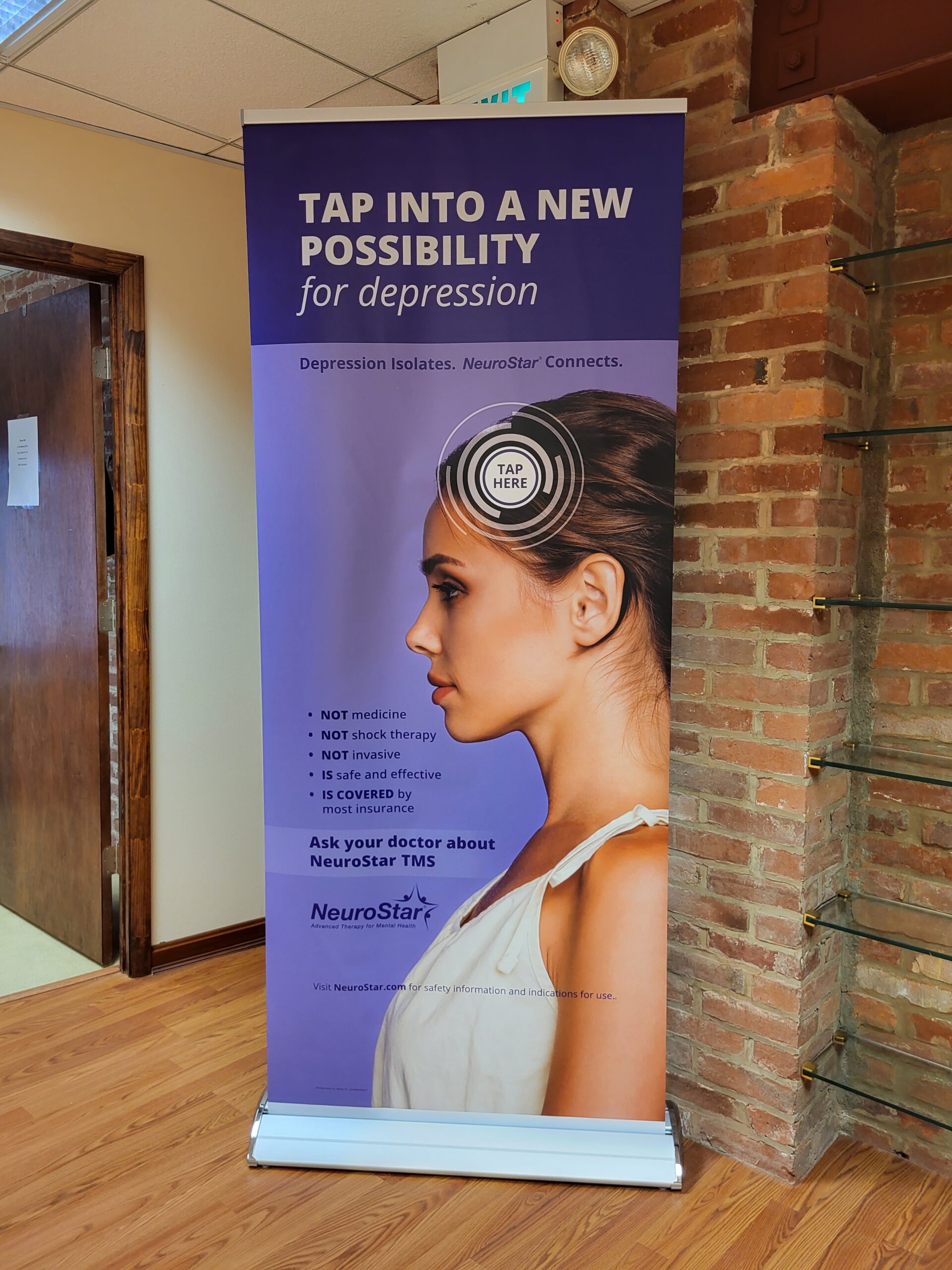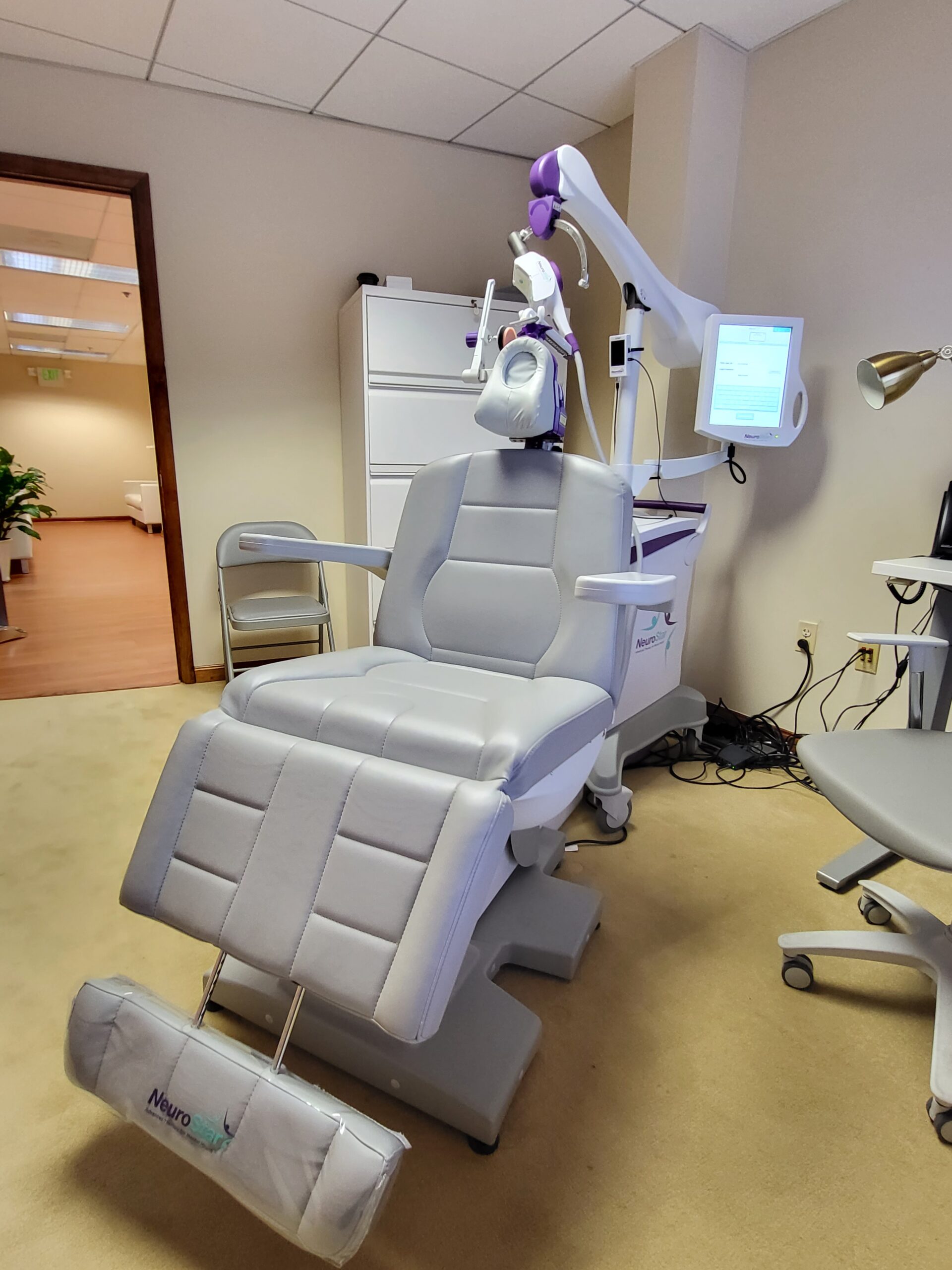what we treat
Bipolar disorder
types of bipolar disorder
Bipolar disorder, also known as manic-depressive illness, is a mental health condition characterized by extreme shifts in mood, energy levels, and activity levels. Individuals with bipolar disorder experience episodes of mania and depression, which can significantly impact various aspects of their lives, including relationships, work, and overall well-being.
There are three main types of bipolar disorder:
Bipolar I Disorder: This type involves experiencing at least one manic episode that lasts for at least seven days or is very severe and requires immediate medical attention. Depressive episodes may also happen, but they are not necessary for the diagnosis.
Bipolar II Disorder: With this type, people go through at least one major depressive episode and at least one hypomanic episode. Hypomanic episodes are like manic episodes but less intense and shorter. Bipolar II disorder doesn’t involve full-blown manic episodes.
Cyclothymic Disorder: This type is characterized by numerous periods of hypomanic symptoms and depressive symptoms that last for at least two years in adults (one year in children and teenagers). However, the symptoms are milder compared to bipolar I or II disorders.
If you think you or someone you know may be experiencing symptoms of bipolar disorder, it’s important to seek professional help. Our team of psychiatry professionals can conduct a thorough evaluation to provide an accurate diagnosis. Getting diagnosed early and receiving appropriate treatment is crucial for effectively managing bipolar disorder and improving overall quality of life.
DIAGNOSING the CONDITION
symptoms of bipolar disorder
Bipolar disorder is a mental health condition that involves experiencing different types of episodes. These episodes can be either manic or depressive.
During a manic episode, a person may feel extremely happy or irritable. They have lots of energy, their thoughts race, and they may do impulsive and risky things. They might also believe they have special abilities and need less sleep than usual.
In contrast, during a depressive episode, a person feels very sad and loses interest in activities they used to enjoy. They become tired, their sleep and eating habits change, and they have negative thoughts. Sometimes, they may even think about death or suicide.
Some people with bipolar disorder have mixed episodes, where they experience both manic and depressive symptoms at the same time or rapidly alternate between them. This can lead to intense mood swings and a higher risk of impulsive actions or self-harm.
At Omi Psychiatry & TMS, we specialize in diagnosing and providing comprehensive care for individuals with bipolar disorder. Our team of experienced psychiatrists understands the complexity of the condition and is committed to offering personalized and effective treatment options.
Treating bipolar disorder
At Omi Psychiatry & TMS, we offer comprehensive and effective treatment options for individuals with bipolar disorder. Our goal is to provide effective strategies for managing symptoms, promoting stability, and improving overall well-being. Here’s how we approach the treatment of bipolar disorder:
Medication Management: Medication can play a crucial role in managing bipolar disorder. Our team of psychiatrists is well-versed in the latest advances in psychopharmacology and will carefully evaluate your symptoms to determine the most appropriate medication regimen. We closely monitor your response to medication and make necessary adjustments to optimize effectiveness and minimize side effects.
Psychotherapy: Therapy is an integral component of bipolar disorder treatment. During therapy sessions, you will learn new coping strategies, enhance mood regulation, improve interpersonal skills, and address any underlying psychological factors contributing to your condition.
Lifestyle Modifications and Self-Care: In addition to medical and therapeutic interventions, we emphasize the importance of lifestyle modifications and self-care practices. Our team provides guidance on maintaining a stable daily routine, practicing good sleep hygiene, engaging in regular exercise, adopting healthy eating habits, and managing stress effectively. These lifestyle factors can significantly impact mood stability and overall well-being.
At Omi Psychiatry & TMS, we are dedicated to empowering individuals with bipolar disorder to lead fulfilling lives. Our multidisciplinary team combines expertise, compassion, and the latest treatment modalities to provide comprehensive care. If you are seeking effective treatment for bipolar disorder, we are here to support you on your path to stability and well-being.
See Inside Our Clinic
What You Need to Know
Meet Our Team
Dr. Aderonke Omotade is a board-certified internal medicine physician and psychiatrist. She provides compassionate, comprehensive psychiatric care to patients of all ages.
Melecia Helwig-Henson is our physician’s assistant and provides assistance with routine psychiatric needs as well as helping Dr. Omotade with the day-to-day tasks of running the practice.
Medication AS an OPTION
At Omi Psychiatry & TMS, we see the value that medications may offer as part of a person’s overall treatment. We offer medication management for those who have existing medications and for those who need new medications for their psychiatric conditions. Our clinicians are experts at working with all types of psychiatric medications, including stimulants, antidepressants, antipsychotics, mood stabilizers, anti-anxiety medication.







